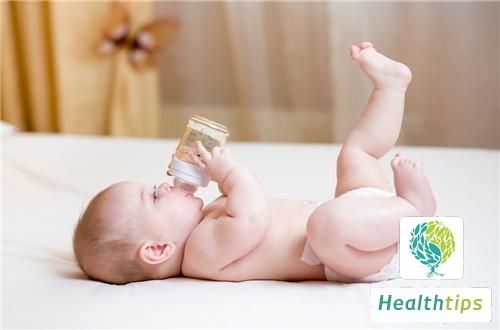Whether breastfed children need additional water depends on the child's condition. Generally speaking, breastfed children do not need to be fed water, but if the child sweats a lot or even has severe yellow urine, it is necessary to replenish water. Of course, the frequency of breastfeeding can also be increased.

When a six-month-old child needs to drink water, it should not be excessive and should be controlled within a reasonable range. Avoid giving the child drinks. Here are some considerations regarding whether breastfed children should drink water:
1. No need for additional water: Breast milk contains all the nutrients necessary for the growth of infants, and is the safest, most reliable, and most complete food for infants. Breast milk contains 88% water, which can fully replenish the water and nutrients needed by the baby, so there is no need to give the baby additional water. Therefore, breastfeeding babies do not need to drink water.
2. Increase feeding frequency when the baby is dehydrated: In hot and dry weather, when the baby's urine turns yellow and sweating increases, this kind of weather is most likely to cause dehydration in the baby. In the case of sufficient milk supply, it is not recommended to give the baby water. The best way to replenish water is to increase the frequency of breastfeeding, which is both safe and nutritious.
3. Supplement water after introducing solid foods: In the first six months, breast milk contains the most abundant nutrients that can fully meet the growth needs of the baby. After six months, the baby should be appropriately introduced to solid foods, and during this stage, a moderate amount of water, around 10 milliliters, should be given to the baby. Since the baby's kidneys are not fully developed, drinking too much water will not be well absorbed and excreted, which may increase the baby's kidney burden.

